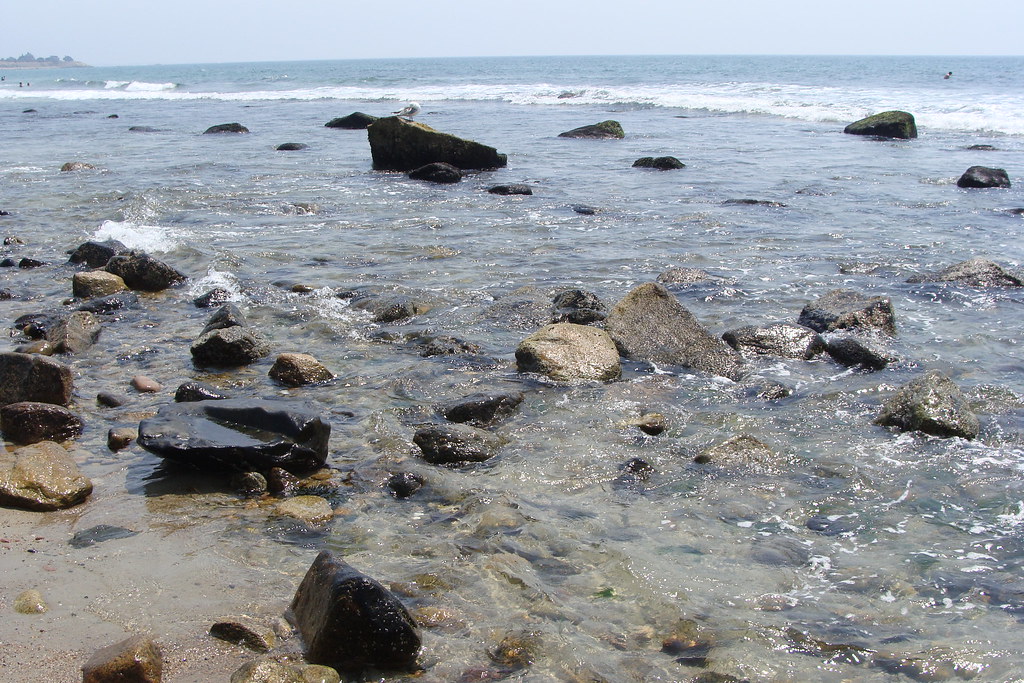Background
Little Compton’s Comprehensive Plan, updated in 2018, highlights the importance of protecting our freshwater resources. Such protection is critical, given our town’s reliance on private wells and individual septic systems, and the prohibitive cost of installing public systems.
Further, surveys conducted among residents over the years have consistently ranked water protection and availability as the most important Town considerations, yet there has been no systematic effort to try to understand the quantity of freshwater available in our wells and for domestic and agricultural needs.
Further, surveys conducted among residents over the years have consistently ranked water protection and availability as the most important Town considerations, yet there has been no systematic effort to try to understand the quantity of freshwater available in our wells and for domestic and agricultural needs.
| final_report_to_town_council_on_2021_water_study_04.017.22.pdf | |
| File Size: | 455 kb |
| File Type: | |
What Will be Done?
Given our fractured bedrock setting, we cannot directly measure the quantity of water available to our residents and farms. However, changes in water quality will serve as an indication of whether we have enough water for current use and future needs. Thus, the first chapter of the Conservation Commission’s study, conducted from July through September 2019, sought to give us a Town-wide baseline of overall water quality by taking 168 water samples from 112 wells throughout Little Compton. We then measured those samples for their electrical conductivity, a simple and inexpensive way to estimate the amount of dissolved solids in the water. High levels of dissolved solids in drinking water could indicate the presence of salt water, septic system waste, or run-off from fertilizers. We sampled 154 wells in 2020 and now plan to repeat and expand Town-wide water sampling in 2021 to grow our understanding and see if changes in the results indicate any evidence of water quality degradation, and, therefore, any water quantity concerns.
With 2019 and 2020 preliminary results in place, we will continue our sampling program over the summer of 2021. This year’s sampling will again be conducted at no cost to participants, and will follow all Rhode Island regulations in force for social distancing and personal protective equipment.
Since we would like to sample water in its naturally-occurring form, we will collect it from a location at your home before it passes through a softening system. Most samples can be taken from outdoor spigots.
Individual well data will not be disclosed or shared. Instead, all well data will be aggregated and shown in summary form.
For our upcoming 2021 program, we welcome both new and repeat participants. If you participated in 2019 or 2020, we will contact you to ask your permission to again sample your well.
If you are new to the study and would like to participate, please fill out the short survey at the link below.
